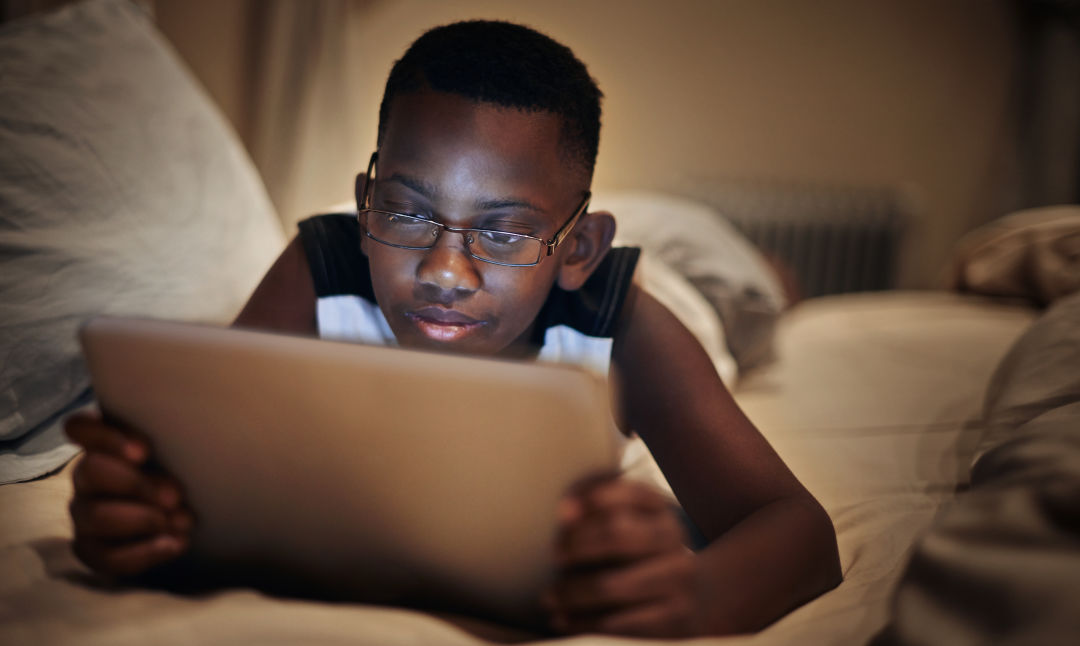Kids and Screens: The Digital Dilemma

With so many educational apps available for tablets and smartphones, parents may be tempted to let children spend extra time with these devices.
Resist that urge, cautions Cynthia Kathleen Seitz, MD, a pediatrician at the Kaiser Permanente Orchards Medical Office in Vancouver, Washington. Limits on screen time remain important.
"Historically, educators and parents felt interactive electronics were safer because you're using your brain and not just staring and being a couch potato," Dr. Seitz said.
"But the programming that makes kids want to keep playing them is what can be dangerous."
Craving More
With each point scored in a math game and each "like" on Instagram, the brain releases dopamine. That's what hooks us and makes us crave more, Seitz said.
"We know that the young developing brain under 2 years of life is a lot more sensitive to electronics," Dr. Seitz said. "But that effect can be seen across ages. You get 80-year-olds who are addicted to Facebook."
She tells parents to avoid screens for children younger than 2, and limit them to one hour a day for preschoolers and two hours a day for older children. Parents should talk with teachers about how much time their children are spending on devices at school to take that into account as well.

Realistic Goals
"I think the idea of zero screens for the rest of your life is not realistic. But if a child is having issues, like throwing a tempter tantrum when electronics are taken away, then it's time to do a fast to reset the habit that has developed," Dr. Seitz said. Contact your child's care provider if you need help deciding whether or not a screen fast is needed.
Research suggests that a two-week electronics fast — no TV, no games, no tablets, no apps — is enough to reset the brain, Dr. Seitz said.
"It can really improve concentration, behavior, and anxiety," she said. The damage is reversible. The brain can reprogram itself."
